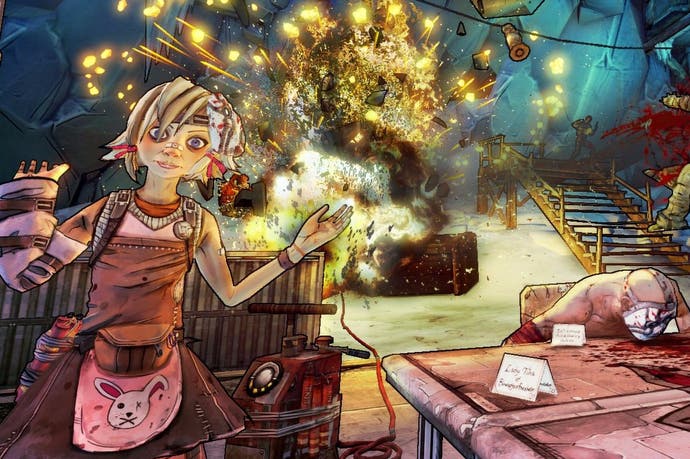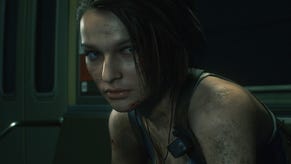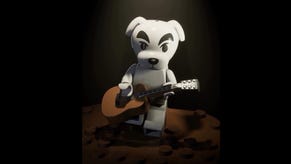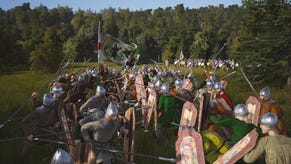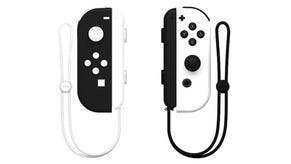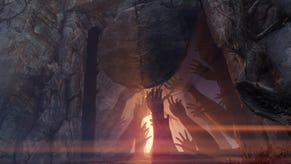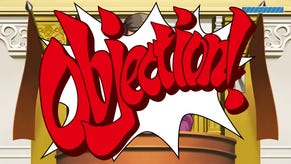Borderlands 2 writer regrets nearly silent protagonists
"We're not the characters we play, and we know that."
Borderlands 2 writer Anthony Burch regrets making its playable cast so quiet.
The former Gearbox employee wrote a fascinating postmortem on Borderlands 2's player character dialogue at Kotaku where he found himself following in the footsteps of Valve (Half-Life, Portal) until a focus group convinced him he was wrong. Later, a much bigger audience would do the same.
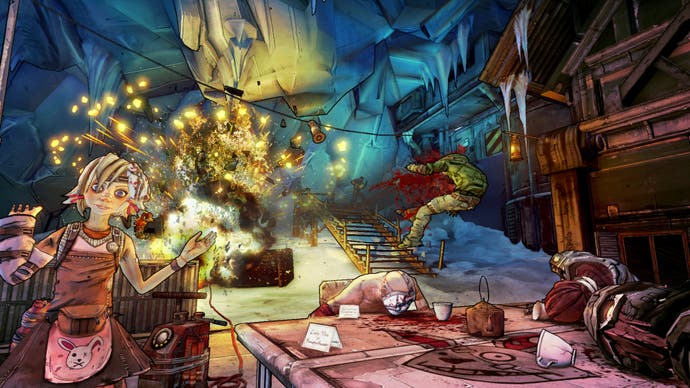
Initially Burch was a huge fan of the silent protagonist, because he didn't want there to be any friction between what the player wanted and what the character wanted. "This kind of characterisation works, in theory, because if your character never says anything you (the player) disagree with, you're more 'immersed,'" Burch explained. "You're not at risk of your protagonist saying something that you personally disagree with."
However, he soon realised this is a case-specific strategy, not a ubiquitous rule. "I'd latched onto the Blank Protagonist as a universally applicable principle, when in reality it - like every narrative tool in existence - serves a particular purpose," he said. "If your franchise is built to be more 'immersive' and put the player in a more investigative frame of mind (like, say, the pre-Infinite BioShock games), a silent protagonist can give the audience space to be a little curious, a little confused. If you want to make the world feel a bit more lonely and haunting, silent protagonists can be great."
Borderlands 2, however, is neither lonely nor haunting. In fact, it's full of characters who talk endlessly (and hilariously) about their eccentric lives and the insane world they inhabit. This created a different sort of narrative friction that Burch didn't realise until he'd put an unfinished build before a group of focus testers (which included Kirsten Kahler, who would become a co-writer on Borderlands: The Pre-Sequel).
"These focus testers were irritated because, in a game full of colorful characters and gags and monologues long and self-indulgent enough to give an editor an aneurysm, there was a weird black hole of nothingness where our player characters were concerned," Burch lamented. "Everything in the game had a backstory, even the hordes of no-name bandits! Everything was explained and joked about and explored, except for the main characters of the game!"
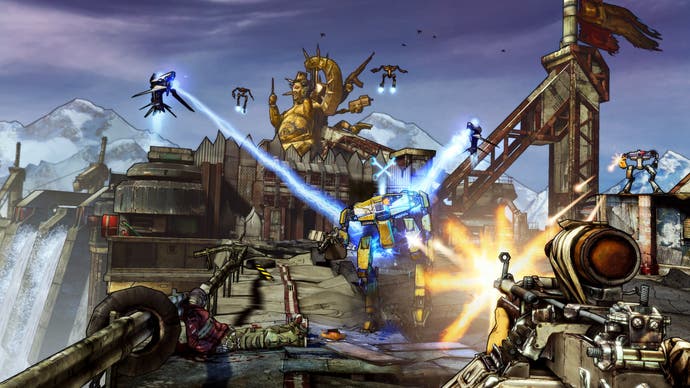
Unfortunately, it was too late to change this in the final game - what with localisation and all. So Burch and company merely added audio diaries to help flesh out its playable cast. But he experimented with adding more dialogue to the player characters in the game's various DLC add-ons and the reactions were generally very positive. So he gradually started doing this more and more.
"I liked the Gordon Freeman style of characterisation too damn much, and I didn't want to let go of it, but I received emails from fans that asked us, in so many words, to stop taking half-measures. They wanted us to stop worrying about making our avatars' ciphers, or 'heroes' (whatever the f*** that means), and just let them be characters," he explained. It didn't matter if they were detestable. Actually, that extra edge made the colourful cast seem like an even better fit for the psychotic world they inhabited.
"Immersion can be fun, sure. At the end of the day, though, we're not the characters we play, and we know that," Burch realised. "Sometimes, a writer or designer's job is to make the space between the player and the protagonist as slim as possible. Other times, it's their job to acknowledge that distance, stretch it out, and have as much fun with it as they can."
